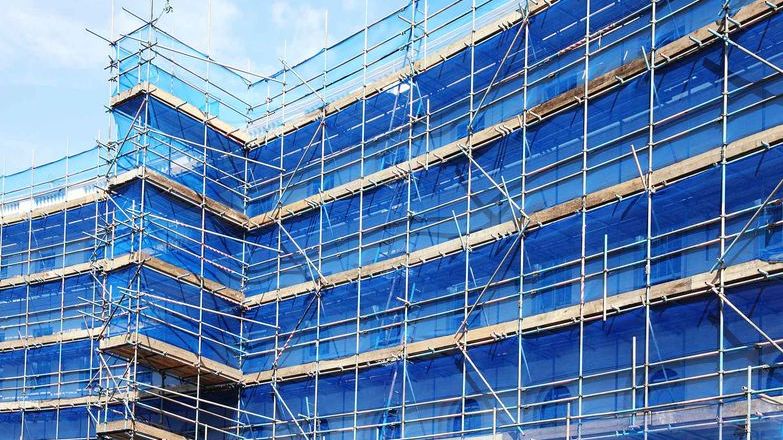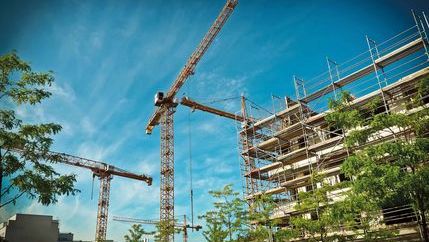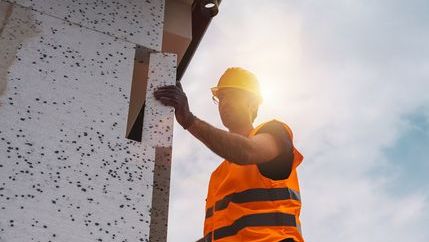
Paid by developers and charged on new residential buildings that require building control approval in England, the Levy was created in 2021, to ensure that taxpayers and leaseholders do not bear the cost of necessary remediation of building safety defects.
Fund targets and calculation method
Propertymark advocated for the levy to be calculated on a square meter basis rather than per house so it would not act as a disincentive to building more homes, and we are pleased that this approach is being taken forward.
We also welcome the commitment made by the UK Government to review the revenue target as more information about the scale of building safety challenges emerges. The original fixed target of £3 billion was a cause for concern as if it proved not to be sufficient there was potential for costs to fall back onto leaseholders.
Collection and enforcement of payments
It is important to achieve a balance between a robust process that ensures payments are made promptly and gives developers both certainty over their liability and some flexibility in making payments.
We believe that the proposal to determine levy liability within five weeks could negatively impact the viability of developments, especially for small and medium developers, and recommend this is shortened to 21 days.
Caution needed on additional burden for local authorities
In the initial consultation we recognised that the task of collecting the BSL fits with the existing remit of local authority building safety and planning teams. However, we are aware of both the current under-resourcing of these teams and the extra work that will be placed on them as a result of this and other changes to planning and building regulation.
Therefore, we welcome the simplification of the collection process to a single charge but urge the UK Government to actively ensure teams are properly equipped to carry out this new role.
Exemptions for communal accommodation
We are happy to support plans to exempt public sector buildings and to give local authorities the option to apply for exemptions for specific private sector buildings. These should be premises that are used for social good, such as children’s homes, hospices, drug and alcohol treatment centres and temporary homeless accommodation.





